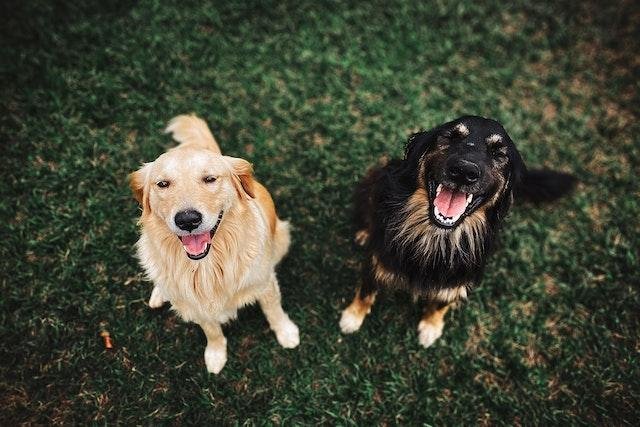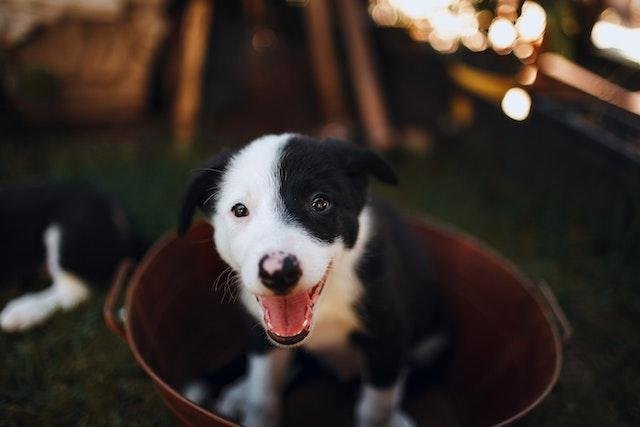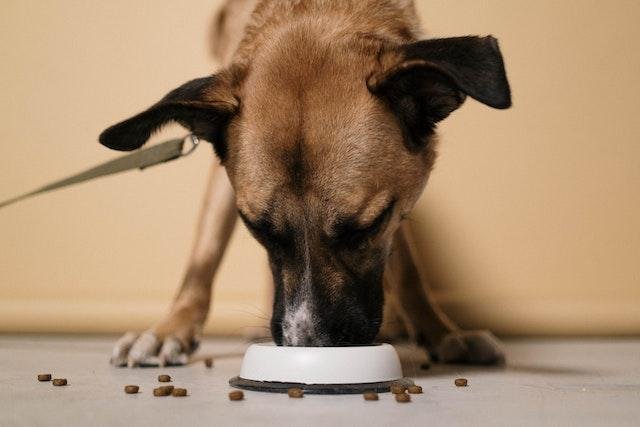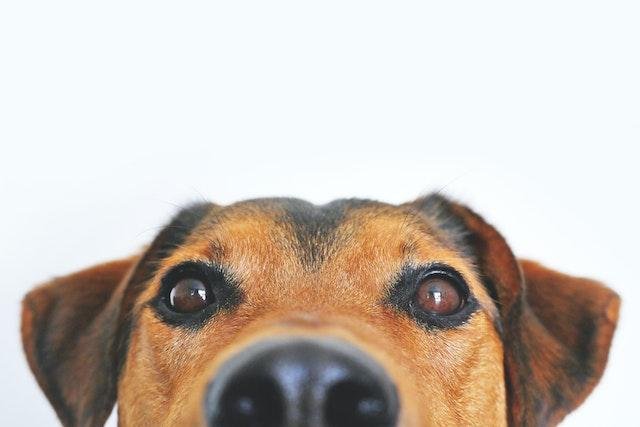
How do you recognise your dog’s doggy friends? Can you tell which dogs are likely to be fun playmates, from the ones you meet? I still hear many complaints about the ‘bouncy’ dog that lands like a grenade amongst other dogs and squashes, pounds and pummels the unsuspecting peers into the grass.
‘He’s only being friendly!’ the owner says, oblivious to the upset and annoyance they have allowed their dog to create.
If another owner dares to complain or points out that their dog might not be so receptive to this canine wrecking ball on legs, it is met with denial, even aggression, from the other owner. If the other dog themselves decides to respond by attempting to move the wrestler dog away, that can also be met with owner hostility.
If I had a fiver for every owner that has told me about situations like this, where their own dog has been left terrified or has snapped at a boisterous visitor, I would be inviting you all onto my yacht for parties!
Let’s focus on what makes a suitable playmate for your dog, and what makes your dog into a good sociable pal.
Firstly, take a look at your own pooch. Is he or she a confident, relaxed dog, or can they be a little sensitive to things? Are they physically quite small, but tough? Or are they reluctant to ‘get physical’ and prefer to stay near you. If they are physically fit, young, wiry and bouncy, you can probably mix them with all different sizes of dog, as long as they do not turn into a bossy protagonist. If they are more delicate, frail, elderly or very young, a big bouncy dog will probably flatten them and create a fear that will last a lifetime. Instead, a dog of similar size, or a larger one that is relaxed and gentle, would be their best bet.
Of course, many small dogs do not regard the size of the other dog as an issue. All too often they realise too late that whilst it is not the ‘size of the dog in the fight, it is the size of the fight in the dog’, a bigger dog has more power and physical size to suppress even the most enthusiastic little dog.
Planning a play date is an important part of your dog’s week, especially if you normally live in a remote area. A walk where there are other dogs may end up being a bit hit and miss (or hit and run with some dogs!) so make sure you choose your dog’s regular playmates wisely.
Meeting up for a walk and a play can help both dogs to interact with a ‘give and take’ game. This is where one dog takes the lead, but then rests whilst the other directs the play. Anything too one sided and the balance will tip, probably into a squabble. Give them a rest and see if you can reintroduce them when they are both calmer.
– Karen Wild




